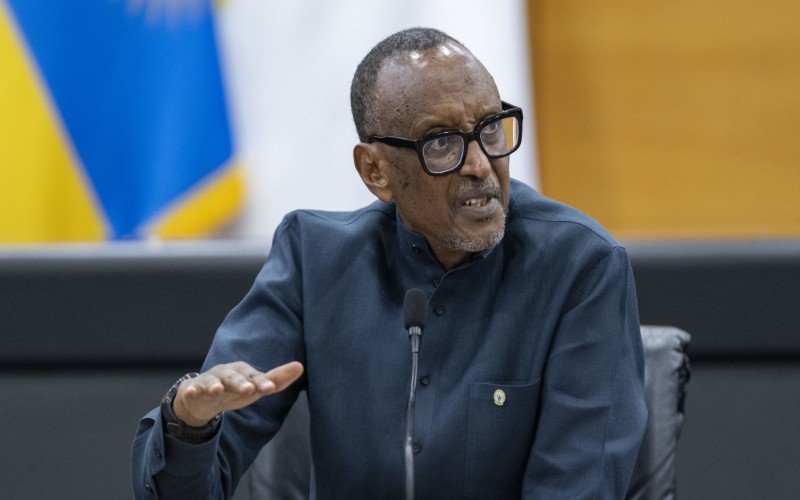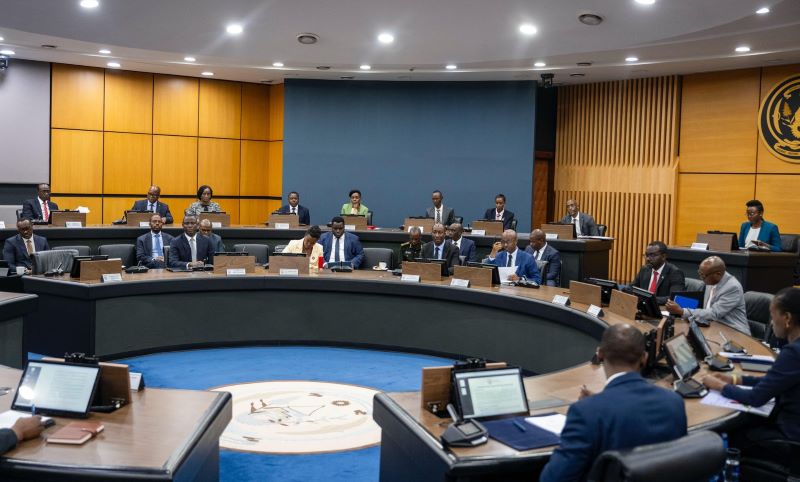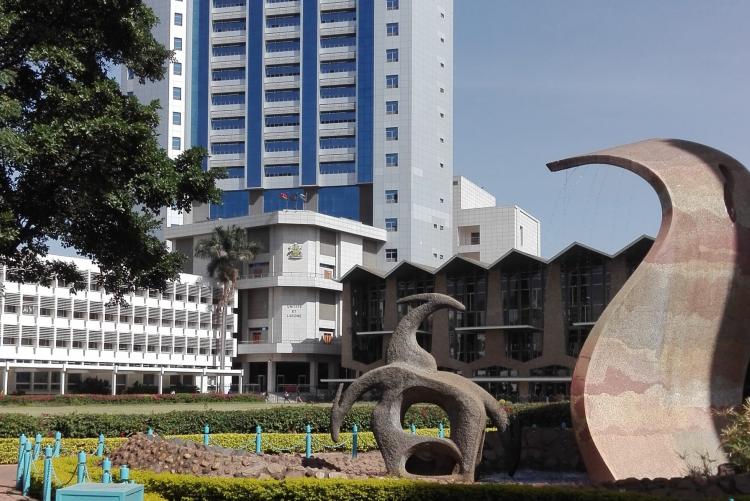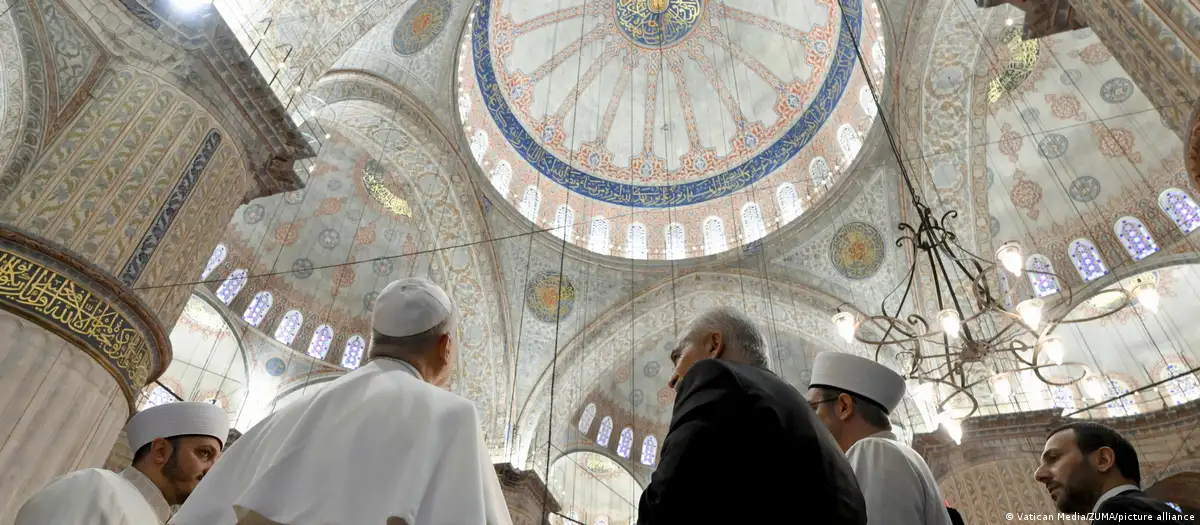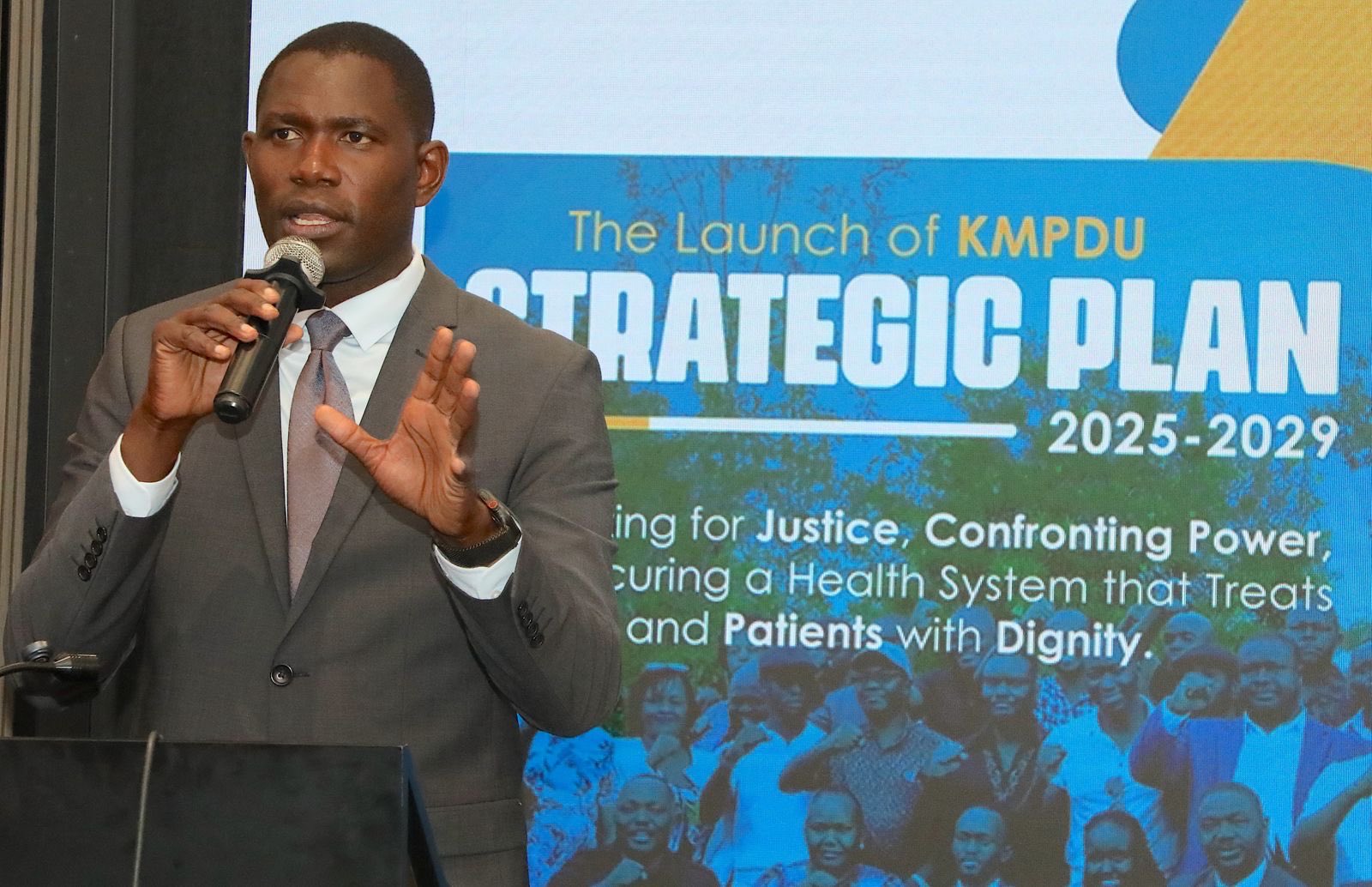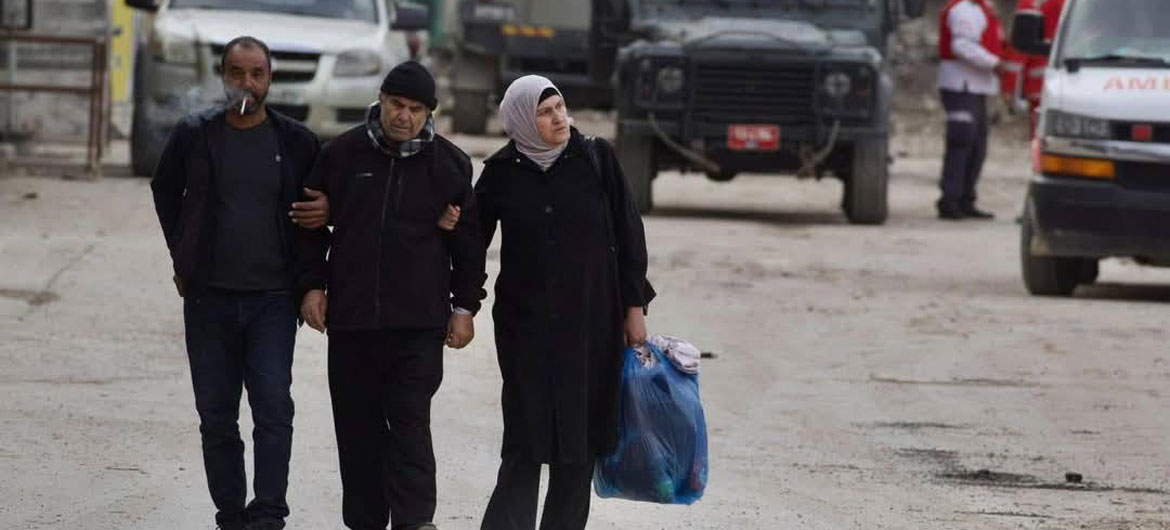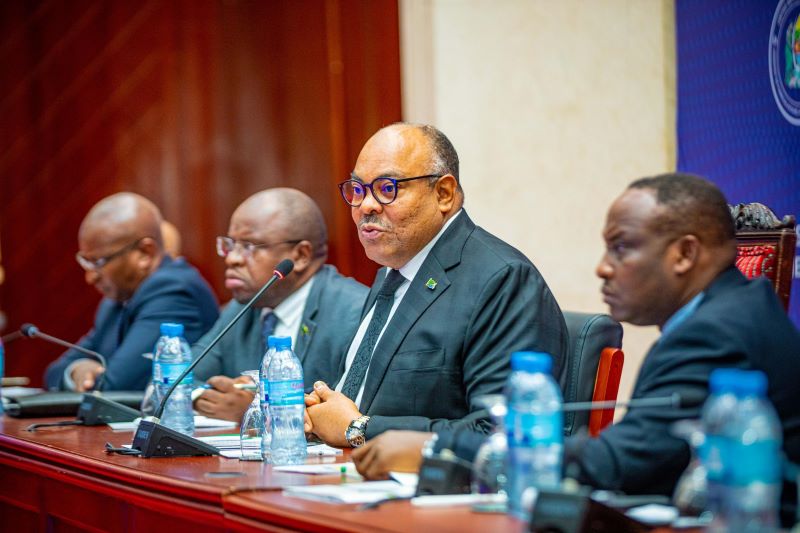UN General Assembly adopts resolution demanding immediate ceasefire in Gaza
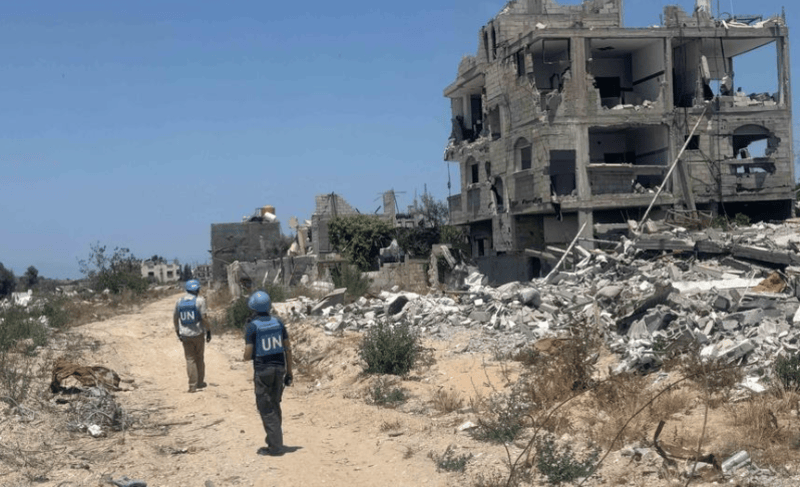
The 193-member Assembly adopted a resolution demanding an immediate, unconditional, and permanent ceasefire in Gaza. The resolution passed with overwhelming support, receiving 158 votes in favor, nine votes against, and 13 abstentions.
The United Nations General Assembly has called for an immediate ceasefire in the Gaza Strip while reiterating strong support for the United Nations Relief and Works Agency for Palestine Refugees (UNRWA).
During its session on Wednesday, the 193-member Assembly adopted a resolution demanding an immediate, unconditional, and permanent ceasefire in Gaza. The resolution passed with overwhelming support, receiving 158 votes in favour, nine votes against, and 13 abstentions.
More To Read
- Aid access and hospital operations remain constrained in Gaza
- New study estimates Gaza war death toll may exceed 100,000
- UN says rebuilding Gaza will cost Sh 9.1 trillion as Palestinian economy nears collapse
- UN Security Council begins process to appoint next secretary-general
- AU calls for Africa’s permanent seat on UN Security Council
- Why UN’s gradual move back to Khartoum, Sudan is ‘an important step’
A second resolution, expressing strong support for UNRWA and condemning a recent Israeli law aimed at banning the agency's operations within Israel, was adopted with 159 votes in favour, nine against, and 11 abstentions.
The resolution calls on Israel to respect UNRWA’s mandate and urges the Israeli government “to abide by its international obligations, respect the privileges and immunities of UNRWA, and uphold its responsibility to allow and facilitate full, rapid, safe, and unhindered humanitarian assistance in all its forms into and throughout the entire Gaza Strip.”
#BREAKING
— UN News (@UN_News_Centre) December 11, 2024
UN General Assembly ADOPTS resolution A/ES-10/L.32 affirming its full support for the mandate of the UN Relief and Works Agency @UNRWA and deploring the legislation adopted by the Israeli Knesset on 28 October 2024
VOTE:
In favor: 159
Against: 9
Abstain: 11 pic.twitter.com/KTlsA8V86k
These votes followed two days of impassioned speeches at the United Nations, during which speaker after speaker called for an end to Israel’s 14-month conflict in Palestinian territories. The war has claimed the lives of at least 44,805 people—predominantly Palestinian women and children—and injured 106,257 others.
Delegates from around the world voiced their concerns over the deteriorating situation in Gaza and the failure of the UN Security Council to act effectively.
“Gaza doesn’t exist anymore. It is destroyed. Civilians are facing hunger, despair, and death. There is no reason for this war to continue. We need a ceasefire now. We need to bring hostages home now,” Slovenia’s UN Ambassador Samuel Zbogar told the General Assembly meeting.
Algeria’s deputy UN ambassador, Nacim Gaouaoui, addressed the world’s inability to stop the war in Gaza: “The price of silence and failure in the face of the Palestinian tragedy is a very heavy price, and it will be heavier tomorrow.”
Vietnam’s Deputy Foreign Minister criticised the Council’s paralysis, attributing it to the misuse of veto powers. “The veto obstructs decisive action,” he said, urging member states to overcome the deadlock.
Colombia’s representative expressed frustration, calling the veto “a colonial and anti-democratic mechanism,” and adding, “The world cannot wait while lives hang in the balance.”
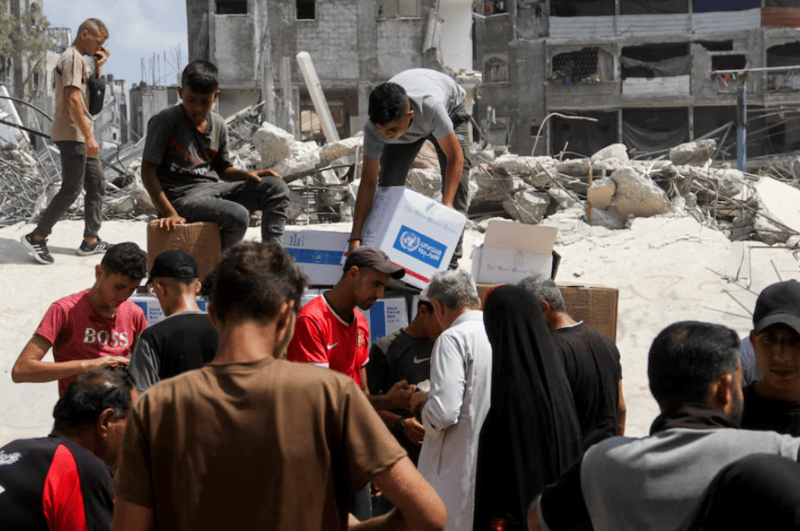 Palestinians gather to receive aid, including food supplies provided by World Food Program (WFP), outside a United Nations distribution center, amid the Israel-Hamas conflict, in Jabalia in the northern Gaza Strip, August 24, 2024. (REUTERS)
Palestinians gather to receive aid, including food supplies provided by World Food Program (WFP), outside a United Nations distribution center, amid the Israel-Hamas conflict, in Jabalia in the northern Gaza Strip, August 24, 2024. (REUTERS)
Saudi Arabia echoed these sentiments, warning that repeated veto use undermines multilateralism and jeopardises the credibility of the global order.
Turkey’s representative delivered a stark warning: “History will remember those who fail to act and those who stood on the side of peace.”
China's delegate similarly denounced the veto's role in extending the suffering in Gaza, asserting that there is no justification for Gaza's transformation into rubble.
While most member states supported the resolutions, divisions remained evident. The United States, which voted against both resolutions, argued that a ceasefire could embolden Hamas and hinder hostage negotiations. “We must adopt resolutions that increase pressure on Hamas to negotiate,” the US representative argued.
Israel’s representative vehemently opposed the resolutions, claiming they ignored the hostages’ plight and perpetuated UNRWA’s alleged complicity with Hamas. Holding up letters documenting warnings to UNRWA leadership about alleged terrorist activities, he stated, “To stand by UNRWA today is to stand by Hamas.”
Conversely, Malaysia and Ireland emphasised the need for accountability and compliance with international humanitarian law. Ireland’s delegate asserted, “The global community can and must do better,” while Malaysia highlighted the alarming violence in the West Bank, calling for justice for all victims.
Humanitarian crisis
The humanitarian crisis in Gaza was a central theme throughout the session. Yemen’s delegate painted a grim picture, describing Gaza as “a piece of hell” where hunger has been weaponised. “The stench of death is everywhere,” he said, calling for unity to end the bloodshed.
Iran’s representative condemned Israeli aggression, particularly in Syria and the Golan Heights, while the UAE highlighted the soaring costs of basic foodstuffs in Gaza, with prices increasing by over 1,000% since October 2023.
Amid calls for immediate action, Iceland’s delegate announced a doubling of her government’s humanitarian contributions to the Occupied Palestinian Territory. She criticised the need for yet another emergency session, stating, “It is beyond belief that we are still debating basic humanitarian principles.”
The Assembly’s resolutions reaffirmed the international community’s responsibility to address the worsening crisis. Indonesia’s representative, who introduced the ceasefire resolution, said, “It is time to change the trajectory to save two million children, women, and men in Gaza.”
As the debate concluded, Yemen’s delegate urged all states to adopt a united position for peace. “The bloodbath must end,” he declared, calling for justice and accountability for both the living and the dead.
The Palestinians and their supporters went to the General Assembly after the US vetoed a Security Council resolution on November 20 demanding an immediate Gaza ceasefire.
Top Stories Today

